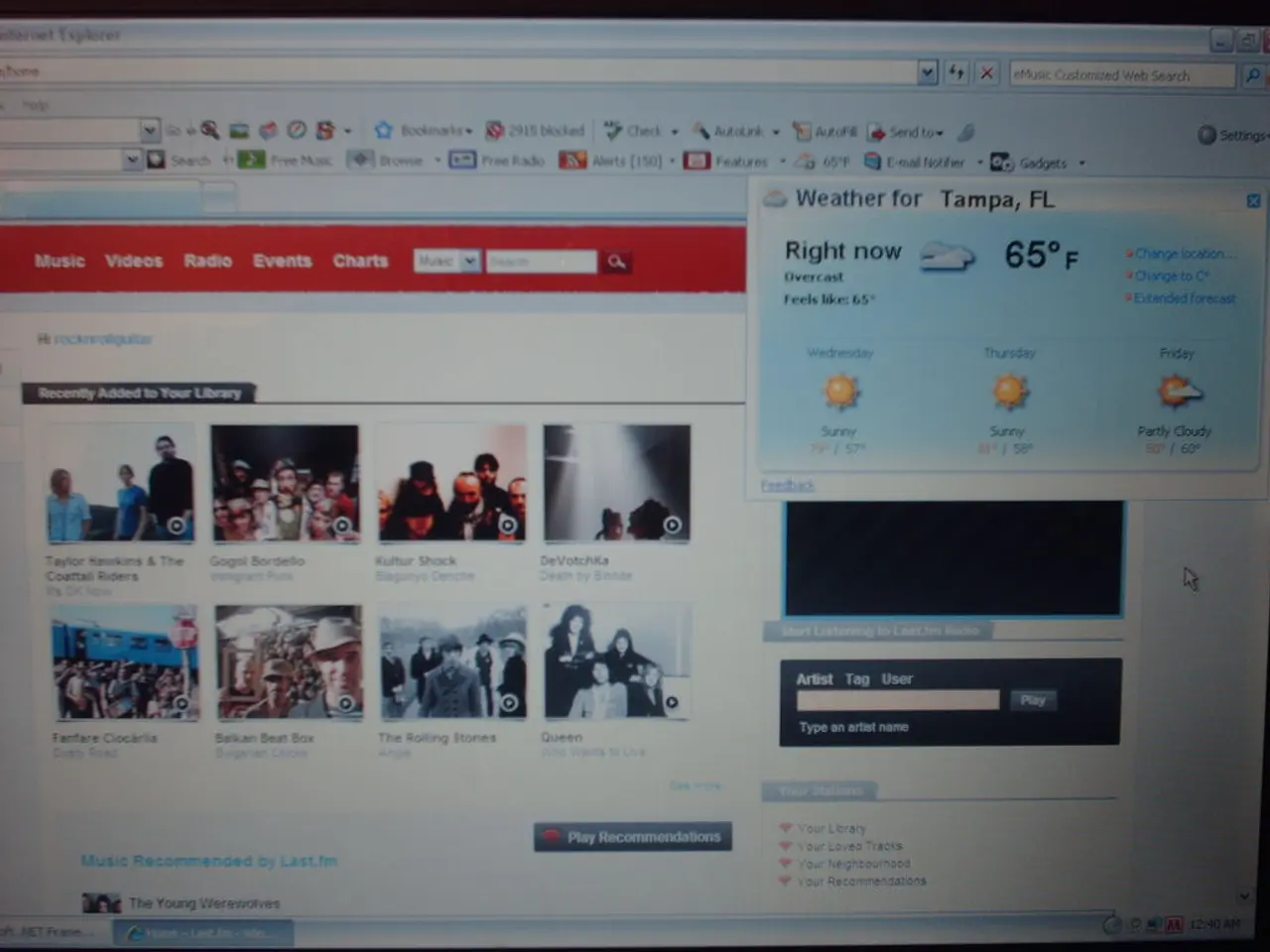Domestic social media platforms aim to elevate their reach and influence
In the wake of the ban on several Chinese apps, Indian homegrown alternatives are experiencing a surge in popularity. Among them, Chingari, founded by Biswatma Nayak and Siddharth Gautam, is leading the charge. The social app, which serves as a desi alternative to TikTok, has been downloaded over 3 million times and is currently trending at the top spot on Google Play Store.
Nayak recently mentioned that investors are showing interest in Chingari, and crucial discussions are being held to secure a good investor on board.
The Indian market is a vast one, with nearly 300 million people on Facebook, 400 million on WhatsApp, over 120 million on TikTok, and millions on Instagram, Twitter, and Snapchat. The ban on the Chinese apps has opened an opportunity for homegrown app developers to fill the void.
Roposo, a leading homegrown short-video making app, has over 65 million downloads in the country. TikTok users, including influencers, have started switching to Roposo in large numbers after the ban. ShareChat, a regional language social media platform, is another contender, boasting over 60 million monthly active users across India and supporting 15 languages.
Twitter invested in ShareChat when the company raised $100 million in its Series D round of funding last year. The platform's user base spends more than 25 minutes daily on the platform and shares over 1 billion monthly Whatsapp messages.
ShareChat is led by Berges Y Malu, who believes the platform is leading a social media revolution with a focus on regional outreach. Malu also announced that ShareChat is seeking to invest in new apps to scale their platforms.
Public, a video-only social platform, has already registered 50 million users and creates over one million videos every month. Azhar Iqubal, Founder and CEO of Public, sees the vacuum created by the ban as an opportunity for Indian app makers to launch products with global potential. Public aims to have over 100 million users by the end of the year and is currently available in five Indian languages.
Khabri, a digital audio platform providing content in regional languages, was launched in October 2017 and is one of the fastest-growing platforms. Sandeep Singh, co-founder and president of Khabri, urged Indian corporate leaders to support and invest in Indian startups.
Trell, a lifestyle community commerce platform, has witnessed over 1 million downloads after India banned Chinese apps. With over 30 million downloads and 9 million monthly active users, Trell has seen a 25 times growth within one year.
Mayank Bhangadia, co-founder of Roposo, stated that the platform is built as a clean and ethical one. Current investors reportedly discussing potential investments for Indian app companies ShareChat, Public, Roposo, and Chingari include a mix of venture capital firms, private equity investors, and strategic partners. However, specific investor names currently in talks are not detailed in the provided search results.
As the Indian market continues to grow and evolve, it's clear that homegrown apps are rising to meet the challenge, offering Indian users a diverse range of localised, high-quality alternatives to the global giants.
Read also:
- Transforming Digital Inventories in the Food Industry: A Comprehensive Guide for Food Businesses
- Munich Airport Unveils Its New Electrical Vehicle Charging Parksite
- Vehicle electrification and bidirectional charging technologies could potentially reduce EU energy expenses by a staggering €22 billion annually by the year 2040.
- 1. Key Points for August 14: Gathering in Alaska, Immigration Enforcement (ICE), Financial service Zelle, Infowars, and Air Canada Airline Incidents




